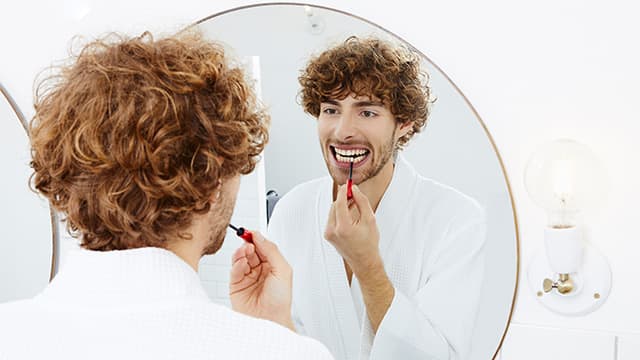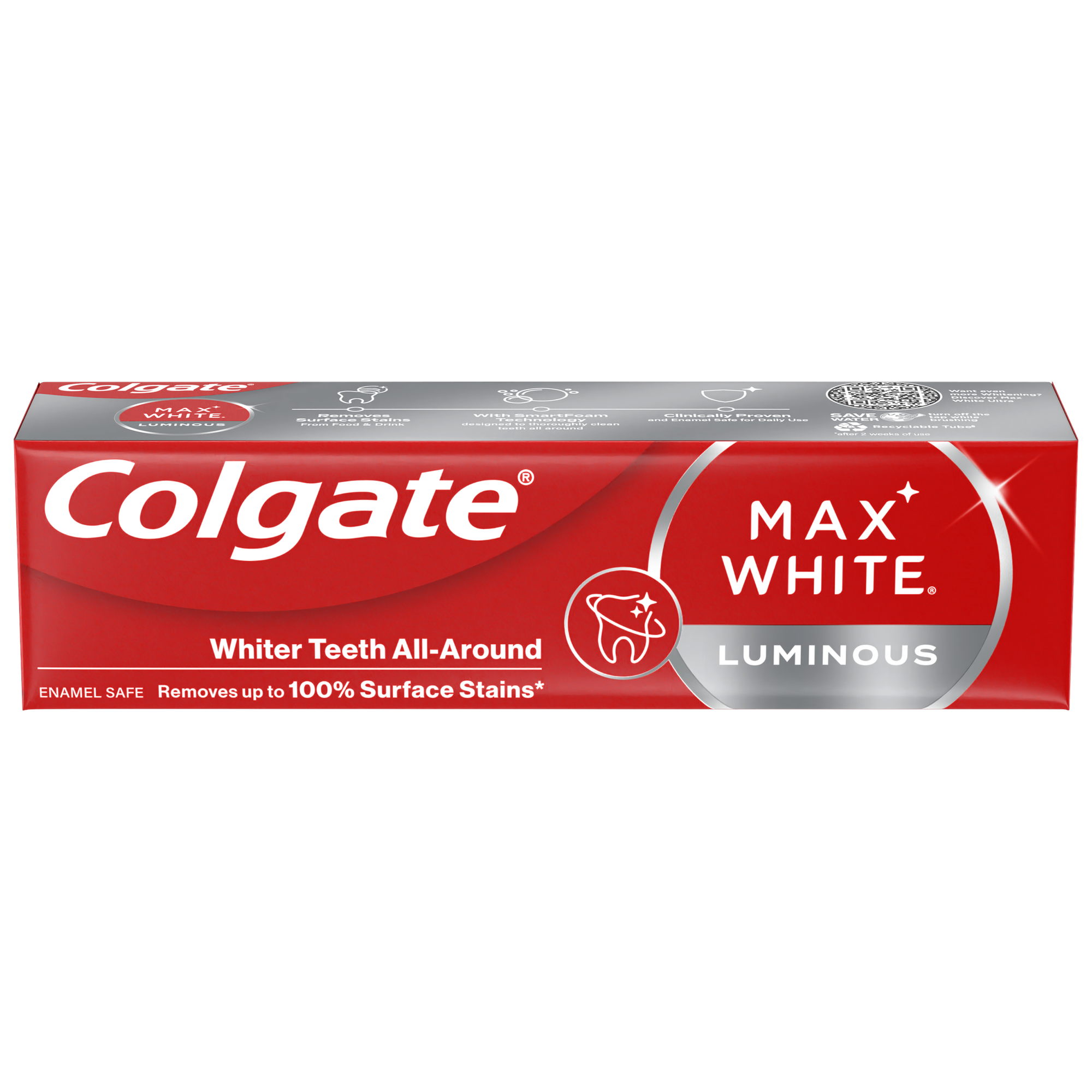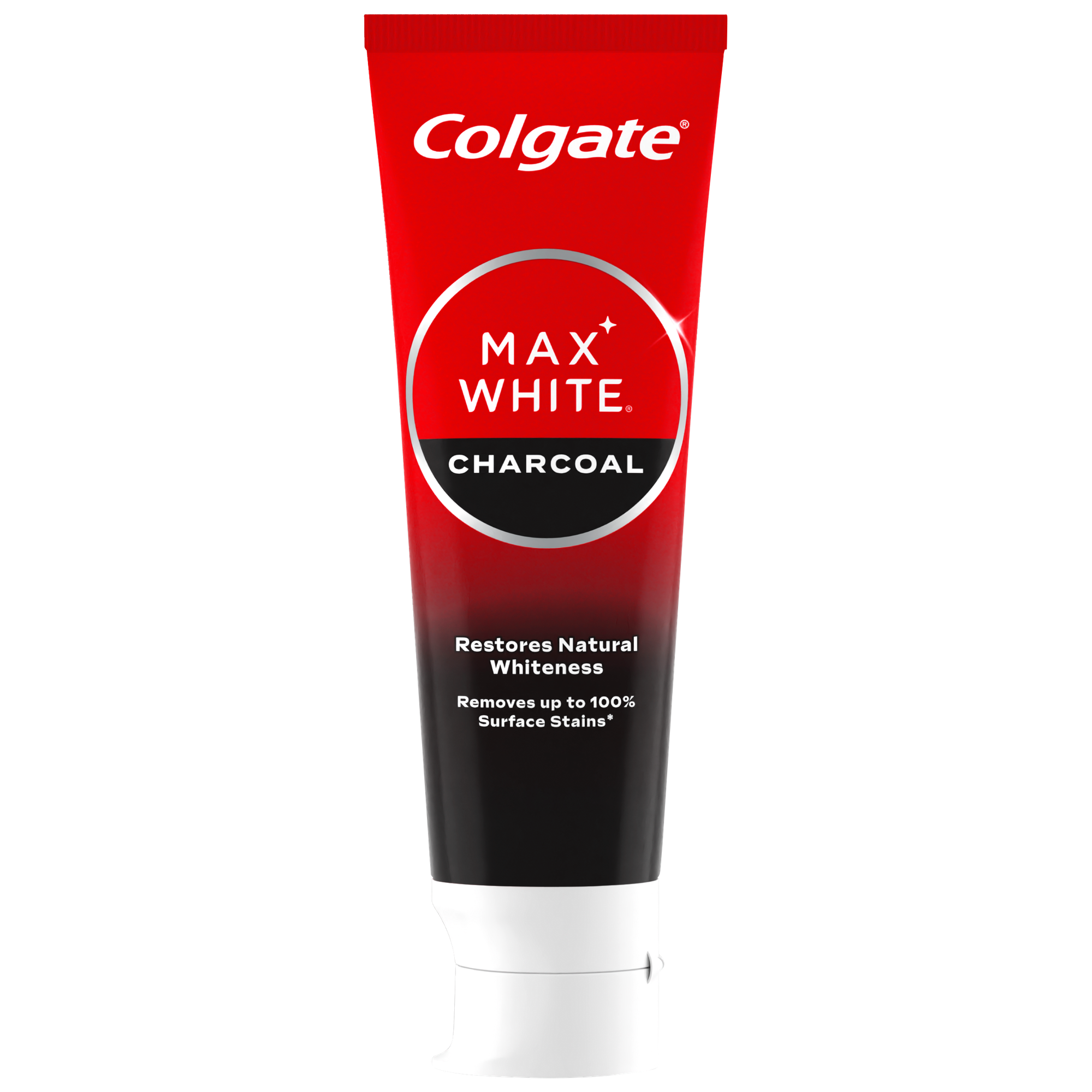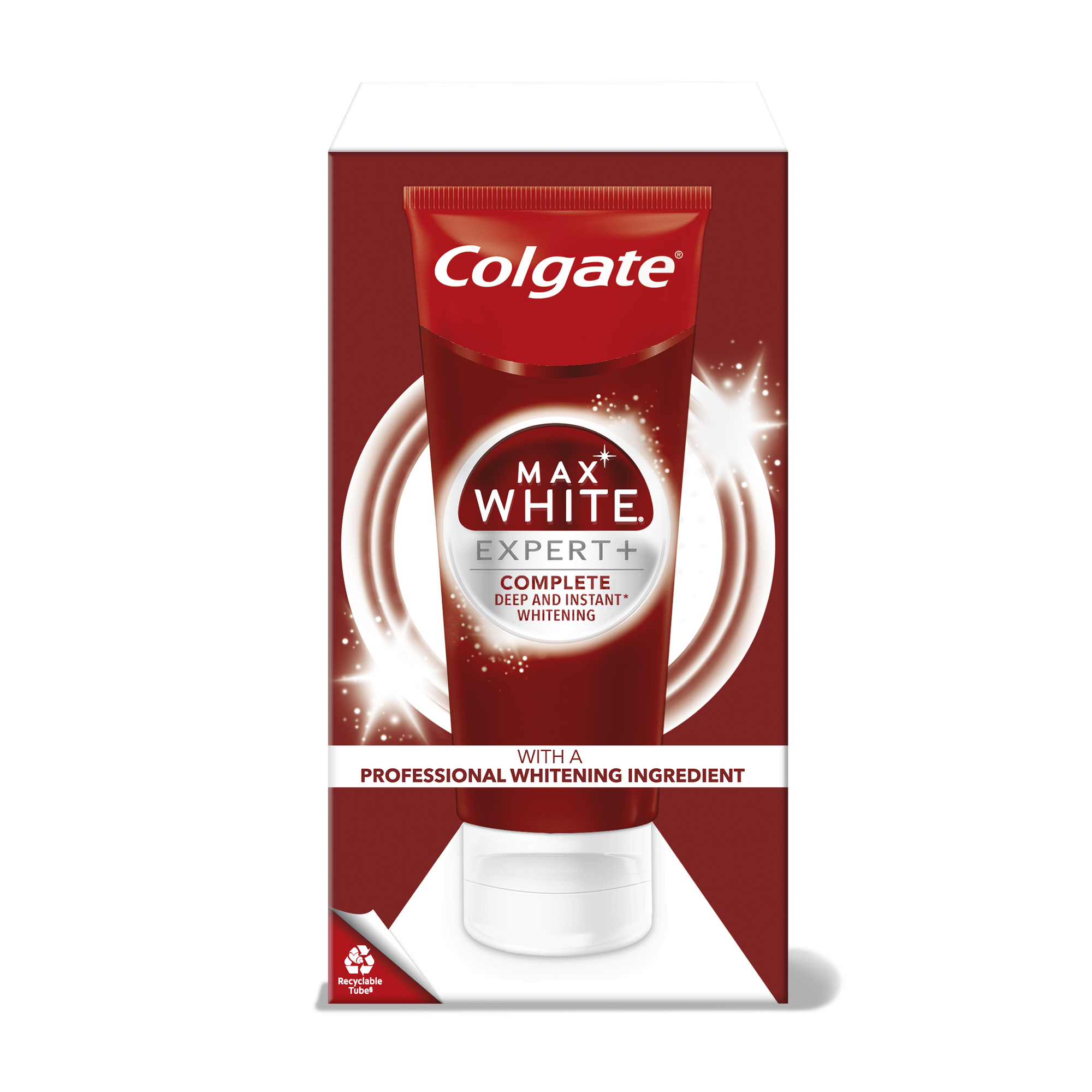Some claim that using coconut oil for teeth can reduce plaque and keep gums healthy due to the lauric acid it contains. But before you make oil pulling part of your morning routine, it's important to ask, “Does coconut oil whiten teeth?” It turns out that oil probably won't offer you significant dental health benefits. We'll tell you why – but first, a little history.
What's the origin of oil pulling?
The practice of oil pulling dates back to Indian and Ayurvedic traditional medicine, which promoted oil pulling for many ailments – including dental health. The idea is that as you swish and pull the oil through your mouth, it can reduce plaque and remove the harmful bacteria that can lead to conditions like gingivitis. Some claim that the practice also results in whiter teeth and decreased sensitivity.
With more and more people seeking natural remedies for a healthier body, using coconut oil for teeth is one that often crops up in dental hygiene topics. Natural living enthusiasts have eagerly picked up the habit of oil pulling – with some swishing oil for about 20 minutes a day searching for the supposed benefits.
Because oil pulling has such a pull (pardon the pun) on people, scientific studies have picked up on determining its merits.
Is there scientific proof that oil pulling whitens teeth?
Look to the experts if you're wondering if coconut oil for teeth whitening is a good solution. The truth is that there’s currently not enough scientific evidence to prove oil pulling is beneficial to your dental health. Without more research into the benefits and potential harms, it’s hard to say whether oil pulling is beneficial or not.
This is backed up by a systematic review specifically on coconut oil pulling and oral hygiene published in the scientific journal Heliyon. The scientific review concluded that the limited evidence indicates "oil pulling with coconut oil may have a beneficial effect" but that "further studies are needed to determine the level of effectiveness".
However, studies by the National Institutes of Health (NIH) show that the antibacterial properties found in coconut oil (thought to be due to the lauric acid it contains) may significantly reduce the number of harmful bacteria in your mouth. They also collected data that highlighted coconut oil ‘showed significant and promising improvements in plaque formation and gingivitis’, however, further research has to be performed to fully understand its effectiveness.
What teeth-whitening solutions work?
So, what can you use to get dazzling teeth if there's no conclusive evidence that coconut oil whitens teeth or helps your dental health? Below are some of the many ways you can make your teeth whiter at home or at your dental practice:
At-home whitening
Effective over-the-counter whitening products contain natural products, like baking soda or xylitol. However, many use the super-effective bleaching agents hydrogen peroxide or carbamide peroxide – applied in varying degrees depending on the product.
Some products come with an LED light to further activate the ingredients that brighten your teeth. Home whitening products include:
- Toothpaste: Ensure the toothpaste you buy contains fluoride. Use during your twice-daily brushing.
- Mouthwash: Use when you rinse your mouth daily.
- Strips: Follow the package directions to apply the strips containing a thin layer of a bleaching agent to your teeth.
- Pen: Perfect for when you're on the go, you can use this pen to whiten your teeth any time.
- Gel trays: Available where dental products are sold, these trays can be used at home by following the package directions.
Professional whitening
Talk to your dentist about professional in-practice whitening for a brilliant smile. The options include:
- Customised tooth-whitening gel trays: The customised trays can be more effective and better at protecting your gums than over-the-counter trays as they’ll be specially made to fit your teeth. And if you prefer, you can use them at home.
- Bleaching gel and laser: The active ingredients in the bleach are given a boost with the power of lasers. Though this combo delivers the most effective results, the out-of-pocket costs might not be in your budget.
Coconut oil vs. other traditional whitening methods
Using coconut oil for teeth might be popular in some circles, but in the end, its whitening and dental health benefits are inconclusive. Even though studies still need to prove the effectiveness of using coconut oil to whiten teeth, it’s unlikely that oil pulling will cause you any harm. You may not be able to achieve the same results you would by using dentist-approved whitening products like toothpaste or bleaching, however, coconut oil is a super-affordable option if you want to try something new and are strapped for cash.
If you’re interested in teeth whitening, discuss all available options with your dental professional. Whatever option you choose, be sure to use whitening toothpaste with fluoride as part of your regular oral care routine to help keep your teeth white, keep your tooth enamel strong and protect your teeth from cavities.
If you want great whitening results, it’s best to rely on the ingredients and methods that have been proven to work. You’ll be ready to show off your whiter, brighter teeth to the world in no time!
ORAL HEALTH QUIZ
What's behind your smile?
Take our Oral Health assessment to get the most from your oral care routine
ORAL HEALTH QUIZ
What's behind your smile?
Take our Oral Health assessment to get the most from your oral care routine













